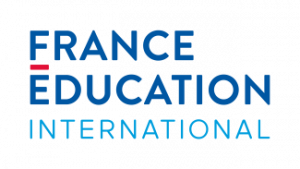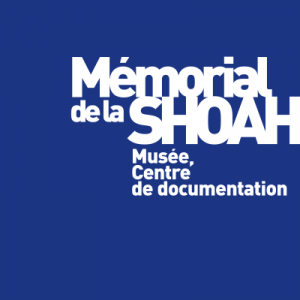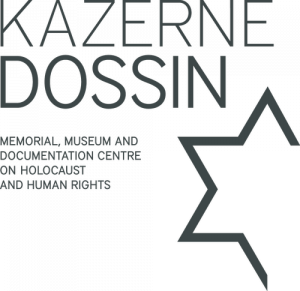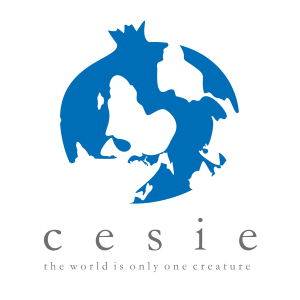About the Project
In the past few years, various events including terrorist attacks in Europe have exposed divisions within our societies, and in particular a growing tendency to think in terms of “us” and “them”. Against this background, memorial institutions and democracy-building NGOs have designed programmes that promote tolerance and respect towards diversity, while developing media literacy and critical thinking skills.
The RETHINK project (Remembrance Education for THINKing critically) facilitated the collection and spread of these programmes as a tool to promote the development of remembrance education across Europe, showing the origins and consequences of exclusion and prejudice. We believe that remembrance education, in linking past and present, sheds valuable light on the historical significance of polarised identities, offers insight into European history, and tools to combat intolerance.
Within a project consortium of eight different memorial institutes and organisations working in the field of education, EuroClio was responsible for managing the process of upscaling (that is, the collection and adaptation to new contexts) models and good practices of non-formal remembrance education, especially looking at how to bring these practices to the classroom. We formed a group of experts, who analyzed practices from the partner organisations, as well as practices collected through an open survey. With them, we produced a teachers’ guide on how these practices could be adjusted to make them fit for use in a wider context, in the formal education sector.
For more information about the consortium and the project’s results, please visit rethink-education.eu.
The structure of the project
The project RETHINK was divided in six “work packages”. The first three were focused on the creation of material that could be used by educators in their day-to-day job, while the other three were focused on all the additional steps that are necessary to keep a project running. Here is a list of each package, focused on their relevance for (history and citizenship) educators:
- The creation of an online database consisting of collected practices from informal education institutions aimed at preventing radicalisation (led by the Shoah Memorial, France). The online database is now available on the project page, and in June 2021 contained 76 different entries. For each practice, it provides information about who is the author, who is the target group of the practice (students, youth, teachers, adults, …), and the methodology applied. Many of the collected practices can be accessed online and used by all readers. The database is still open and accepting new entries.
You can access the RETHINK Database this link: https://rethink-education.eu/practices/
- The creation of a Teachers’ Guide on Remembrance Education, developed by a team of experts under EuroClio’s leadership. In 2018 and 2019, we have analysed more in depth 10 of the practices collected in the database. An international team of experts took these and tried to apply them in a new context (such as, in a different country from where it was designed), with new content (for example, methodologies used to teach about the Holocaust have been used to tackle slavery), and with a different target (from adults to university students, from teacher trainees to high school students). The team has taken all the lessons learned in this process (which is sometimes referred to as “upscaling”), and compiled a Teachers’ Guide, filled with practical tips and tricks, based on this experience.
You can access the Teachers’ Guide at this link: https://rethink-education.eu/teachers-guide/
- The design of an eLearning Platform that elaborates on the lessons learned during the creation of the Teachers’ Guide, ultimately providing educators and teachers with a self-paced course on Remembrance Education. The design of the Platform was led by CESIE (Italy). The Platform will remain available online until 2024, and registration to it is free of charge. It features these modules:
- Making the past relevant for today
- Applying multiperspectivity in Remembrance Education
- Methodologies and Approaches (divided in Remembrance Site Visits, the use of Video Testimonies, and using Digital Archives in the Classroom)
- Challenging Exclusion: thinking critically (divided in Dealing with Hate Speech, Addressing Propaganda Today, and Deconstructing Prejudices and Stereotypes and Fighting Racism)
You can enroll to the eLearning Platform (or access it as a guest to have a look at the modules) at this link: https://rethink-education.eu/course/login/index.php
- CESIE (Italy) and Kazerne Dossin (Belgium) were the leaders of the Communication package. As part of this, we set up the RETHINK Social Media channels (you can find us on Twitter and Facebook), which are still active and promoting relevant resources regarding Remembrance Education, Critical Thinking, and the prevention of Radicalisation. As part of this package, we have also promoted a series of online events in early 2021: the EuroClio-led “Lest we Forget” webinar series, and the RETHINK Conference. The Conference videos are all still available on the RETHINK Website, and focus on:
- Historical Persistence of Collective Violence and Critical Thinking in Remembrance Education;
- The case of bringing Remembrance Education to the classroom;
- Remembrance education in practice:
- How can we present a difficult past in a way that is meaningful today?
- How to bring Theory into Practice?
- The role of public authorities
To make sure that all the lessons learned and connections made during the projects would not go to waste, as part of this package we have also:
- Developed some Policy Recommendations to support and help teachers and educators in their education efforts to enhance media literacy and critical thinking skills of their students in close collaboration with other partners such as museums and memorials and to overcome the challenge of dealing with controversial issues in their classrooms;
- Launched the RETHINK Network. This network will strive to facilitate transnational collaboration between memorial institutions, relevant NGOs and other institutions and stakeholders in the field of remembrance education in Europe. Membership to the Network is open and free, and members will meet (online) once a year to discuss new developments in the field of remembrance education, as well as receive periodic updates about this topic.
- France Education International (France) was the lead coordinator of the project, and took care of the day-to-day Management of the activities.
- As coordinator, FEI was also in charge of the Evaluation of each project result.
At a glance:
Donor
The project will be implemented with the financial support of the Erasmus+ Programme of the European Union as part of the initiative …

Project Coordinators
Alice Modena (Project Manager and Professional Development Coordinator)
Catherine Savitsky (Project Manager)
Project Partners







